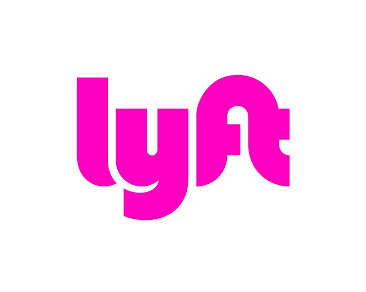- General
- May 4, 2021
- 6 minutes read
Earnings: Uber Rival Lyft Shows Signs Of Recovery
Lyft, the main ride-hailing rival of Uber in the US, has unveiled its earnings report for the first quarter of…
Lyft, the main ride-hailing rival of Uber in the US, has unveiled its earnings report for the first quarter of this year which was a distinct quarter marked by a slow return to normal following the drastic changes caused by the Covid pandemic.
- Lyft has been Uber’s main rival for a long time and both companies are very similar. In fact, they seem to mimic each other many times, such as recently when Lyft sold its self-driving division to Toyota shortly after Uber sold its own division to a venture-backed startup named Aurora.
By the numbers:
- Lyft reported $609mn in revenue in Q1′ 21, an increase of 7% from the previous quarter but down 36% year-over-year. The slight 7% increase indicates a slow recovery for Lyft from the bottoms of the first few months of the pandemic.
- As it’s been for a long time, Lyft wasn’t profitable in the quarter and reported a $427mn net loss, up from $398mn year-over-year. The net loss included $181mn of stock-based compensation and related payroll tax expenses.
- Lyft ended the quarter of $2.2bn in cash, cash equivalents, and short-term investments on its hand, enough liquidity to shoulder some more losses even as the company aims for profitability.
- “We had an exceptionally strong Q1 as more people started moving again. Our results meaningfully exceeded our outlook driven by elevated demand across our network,” said Brian Roberts, the chief financial officer of Lyft.
Highlights:
- Before the Covid pandemic struck, Lyft had set a goal of becoming profitable by the late ends of this year 2021. In the light of the pandemic which weighed down on its business, many had expected the company to revise that goal but it’s however still stuck to it.
- Unlike its rival Uber, Lyft doesn’t have other businesses like food and grocery delivery that would have propped it up when the pandemic weighed down on its core ride-hailing business. As such, the company was more affected financially than its arch-rival, and investor enthusiasm towards it has been poorer than Uber’s over the past year.
- Lyft currently trades at around $56 per share, down from its IPO debut price of $72 while Uber currently trades at around $53 compared to its IPO debut price of $45. Lyft has a market value approaching $19bn while Uber’s is approaching $100bn.
- Just after Lyft, Uber’s earnings report is set to drop on Wednesday, the 5th of May.








